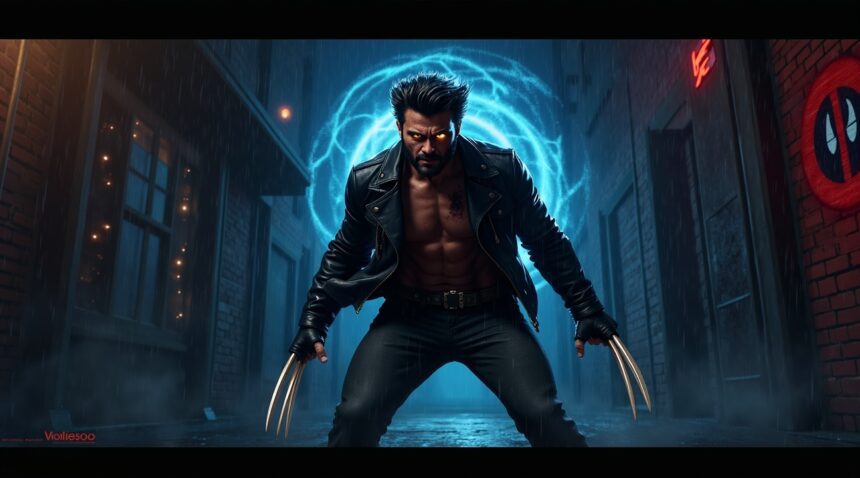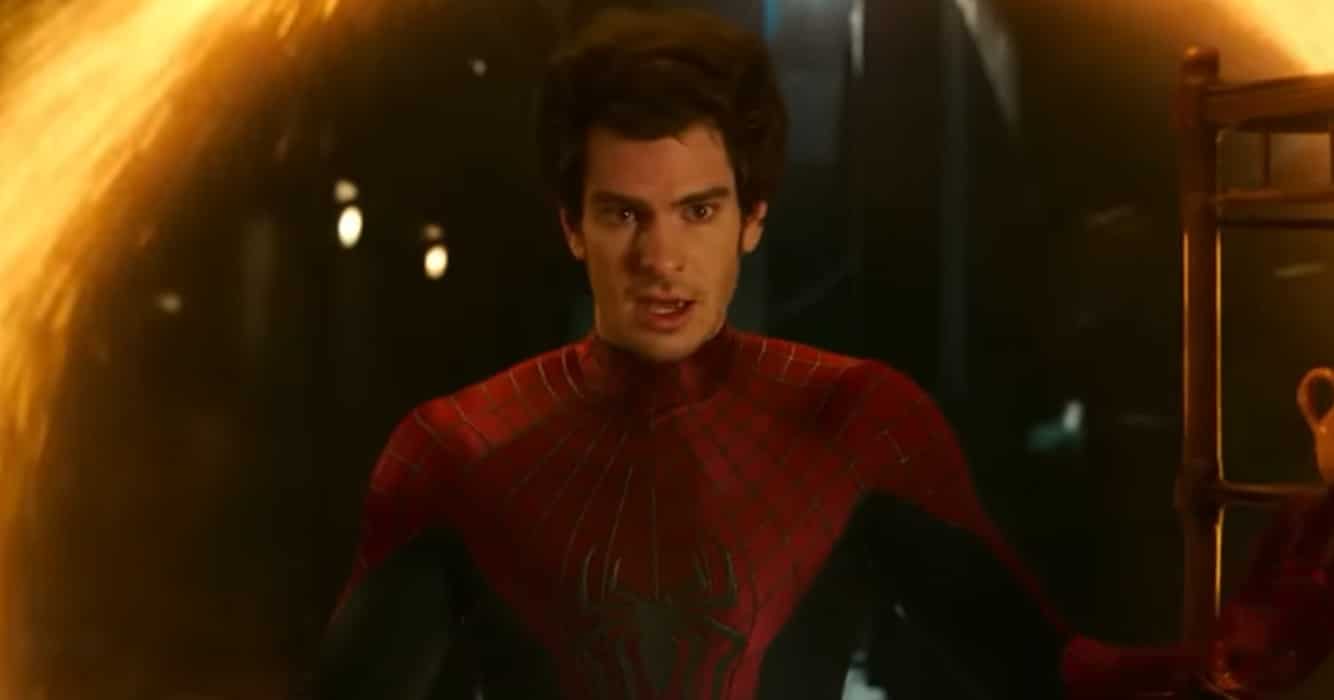Recent speculation about Karl Urban potentially taking over the Wolverine role has intensified following the massive success of “Deadpool & Wolverine,” which earned $1.33 billion globally and proved audiences remain eager for more Logan content.
Key Takeaways
- Financial Stakes Are Enormous: The Wolverine franchise has generated $2.74 billion across four films, making casting decisions billion-dollar choices that directly impact Marvel’s financial future.
- Urban’s Age Creates Challenges: At 52, Urban faces the same long-term franchise concerns that affect other mature actors, as Marvel typically prefers younger talent for decade-spanning commitments.
- Multiverse Offers Alternative Opportunities: Marvel’s multiverse storytelling could provide Urban a path to play Wolverine through variant appearances without requiring full franchise anchoring.
- Fan Campaign Remains Strong: Despite Urban’s own doubts about the role, passionate fan communities continue pushing for his casting through viral content and sustained social media campaigns.
- Competition Includes Major Names: Urban competes against fan-favorites like Tom Hardy, Daniel Radcliffe, and Keanu Reeves, though most face similar age-related concerns for long-term franchise planning.
Urban’s Own Perspective on Age Concerns
Urban recognizes the practical challenges he’d face as Marvel’s next Wolverine. The actor understands Marvel’s preference for younger performers who can commit to decade-long storylines. His comments reflect realistic assessment rather than lack of interest. Urban knows the physical demands of superhero roles require sustained commitment across multiple films.
The Box Office Factor
Marvel executives can’t ignore the financial implications of their next Wolverine casting choice. “Deadpool & Wolverine” shattered expectations and revitalized interest in Logan’s character. Studios need actors who can deliver both immediate box office success and long-term franchise stability. Urban’s proven track record in action roles strengthens his candidacy despite age concerns.
Multiverse Possibilities
Marvel’s multiverse concept creates opportunities for older actors to join the MCU without traditional franchise commitments. Urban could appear as a variant Wolverine in specific storylines or crossover events. This approach allows Marvel to satisfy fan demand while maintaining flexibility in long-term planning. Alternative universe storylines reduce pressure for decade-spanning character arcs.
Fan Support Momentum
Online communities continue advocating for Urban’s casting through organized campaigns and viral content creation. Social media platforms showcase fan-made artwork, trailer concepts, and petition drives supporting his candidacy. Fan enthusiasm influences studio decisions more than ever before. Urban’s existing fanbase from “The Boys” amplifies support for his potential Wolverine role.
Industry Competition
Several established actors compete for Marvel’s next Wolverine selection. Tom Hardy brings physicality and dramatic range from roles like Venom and Mad Max. Daniel Radcliffe offers younger demographics and proven franchise experience. Keanu Reeves commands massive fan loyalty and action credibility. Each candidate presents unique advantages and challenges for Marvel’s decision-makers.
Physical Demands Assessment
Wolverine requires intense physical preparation and stunt coordination across multiple years of filming. Urban’s recent action work demonstrates his continued capability in demanding roles. The actor maintains impressive physical condition despite being in his early fifties. Modern filmmaking techniques reduce some physical strain while preserving authentic action sequences.
Marvel’s Strategic Considerations
Studios weigh multiple factors beyond pure acting ability when selecting franchise anchors. Marketing potential, international appeal, and cultural relevance all influence final decisions. Urban’s global recognition and cross-demographic appeal strengthen his position. Marvel seeks actors who can represent characters across diverse media platforms and merchandising opportunities.
Timeline and Development
No official announcements regarding Wolverine’s next iteration have emerged from Marvel Studios. Development timelines suggest casting decisions remain months or years away. Urban’s age factor becomes less relevant if Marvel delays Wolverine’s MCU introduction. Extended development periods allow studios more flexibility in actor selection and narrative planning.
Financial Risk Analysis
Billion-dollar franchises require careful risk assessment in every major decision. Urban’s established fanbase provides built-in audience support but doesn’t guarantee long-term success. Marvel balances proven talent against potential for sustained franchise growth. Investment in older actors requires different strategic approaches than traditional decade-long commitments.
Alternative Role Possibilities
Urban’s skills align with various MCU characters beyond Wolverine. Marvel could offer him different roles that better match their long-term planning strategies. Secondary character positions or villain roles might suit his age and experience level. Flexible casting approaches maximize talent utilization while addressing franchise needs.
The speculation surrounding Urban’s potential Wolverine casting reflects broader industry shifts in superhero franchise planning. While his age presents legitimate concerns for traditional long-term commitments, Marvel’s expanding multiverse concept creates new possibilities for established actors. Urban’s own realistic assessment of these challenges demonstrates professional maturity while keeping options open for future opportunities. The ultimate decision will depend on Marvel’s strategic priorities and timeline for introducing their next Wolverine iteration.
Deadpool & Wolverine Proves the Character’s Massive Financial Stakes for Marvel
Marvel’s investment in Wolverine demonstrates exactly why casting decisions for this character carry enormous financial implications. The July 2024 release of Deadpool & Wolverine showcased these stakes in spectacular fashion, arriving with a production budget of $200 million and opening to $211 million domestically. The film’s explosive success continued internationally, reaching $1.33 billion globally and cementing its position as the highest-grossing R-rated film of all time domestically.
This achievement places Deadpool & Wolverine among the top 15 MCU films globally, proving that audiences remain hungry for Wolverine content. The success validates Marvel’s confidence in the character’s commercial appeal and sets a high bar for any future casting decisions. When studios invest $200 million in a single project, they expect returns that justify such massive expenditures, and Hugh Jackman’s return delivered exactly that.
Box Office Performance Across the Wolverine Franchise
The financial history of Wolverine-focused films reveals consistent profitability that makes recasting both lucrative and risky. The four main Wolverine films, including Deadpool & Wolverine, have accumulated a combined global box office of $2.74 billion. This impressive track record includes:
- X-Men Origins: Wolverine (2009) – $373.1 million worldwide despite mixed critical reception
- The Wolverine (2013) – $414.8 million globally, proving the character’s international appeal
- Logan (2017) – $619.2 million worldwide, demonstrating that R-rated Wolverine content resonates with audiences
- Deadpool & Wolverine (2024) – $1.33 billion globally, shattering expectations and setting new records
These figures illustrate why Marvel treats Wolverine casting decisions with such gravity. Each film’s performance directly impacts the studio’s financial future, making the choice of who might replace Jackman a billion-dollar question. The consistency of these returns across different tones and time periods shows that Wolverine’s appeal transcends specific interpretations.
The pressure extends beyond just box office performance. Wolverine merchandise, streaming rights, and franchise expansion opportunities all hinge on audience acceptance of the character. Marvel’s recent success with multiverse storytelling opens possibilities for variant interpretations that could ease transition pressures while maintaining financial viability.
Studios face unique challenges when recasting iconic characters with such strong financial track records. The wrong choice could result in diminished returns that affect multiple projects across years of planned content. Conversely, successful recasting could launch another decade of profitable Wolverine films, making the stakes impossibly high for casting directors and executives.
Marvel’s approach to Wolverine’s future will likely balance financial security with creative innovation. The character’s proven ability to generate massive returns means any new actor stepping into the role inherits both incredible opportunity and enormous pressure. Industry speculation about potential replacements, including discussions about established actors expressing interest, reflects the widespread recognition of Wolverine’s commercial value.
The success of Deadpool & Wolverine also demonstrates that audiences remain invested in the character’s future. This enthusiasm translates directly into market confidence, ensuring that whoever takes on the claws next will have both financial backing and audience anticipation supporting their debut. The $1.33 billion global performance serves as both validation of Wolverine’s enduring appeal and a benchmark that future films must strive to match or exceed.
https://www.youtube.com/watch?v=rz-dx8OgT9k
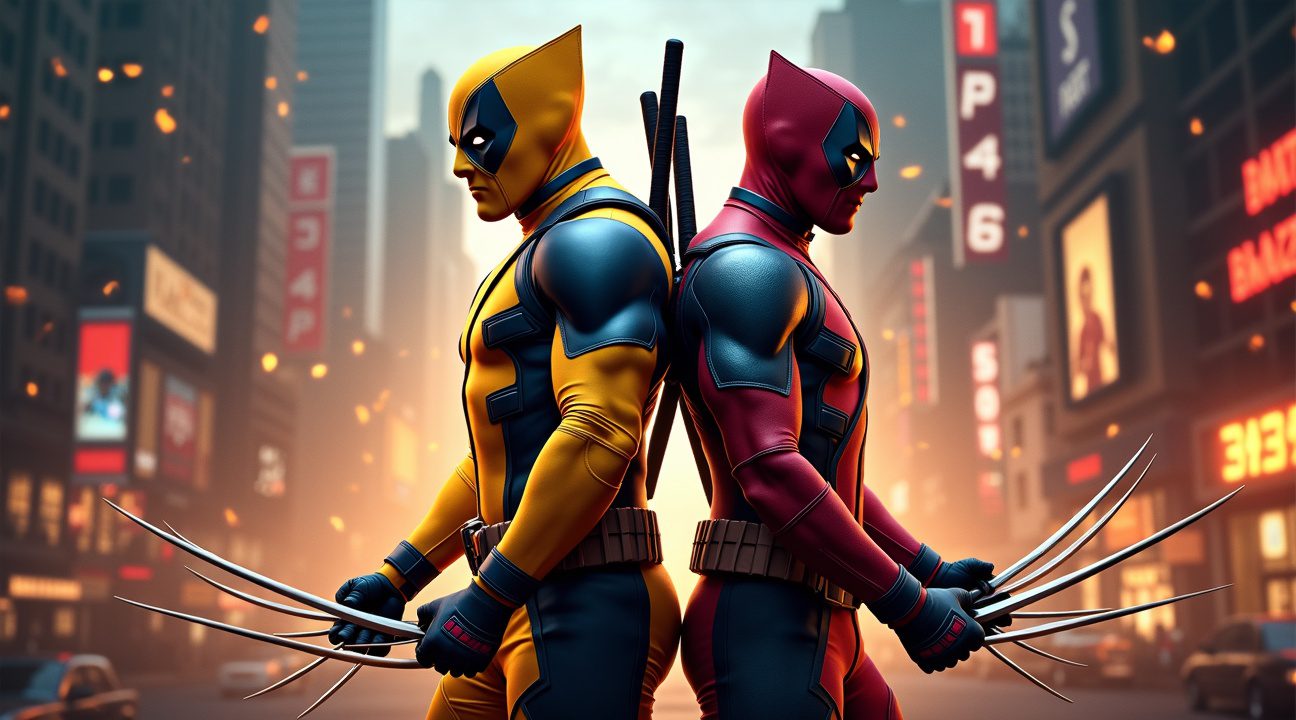
Karl Urban’s Honest Take on Age and Marvel’s Casting Strategy
Karl Urban has captured fan imagination as a potential Wolverine replacement through his gritty performances in The Boys and the underrated gem Dredd. His portrayal of Billy Butcher showcases the exact kind of raw intensity and violent edge that Logan demands. Speculation reached fever pitch when rumors surfaced about Urban potentially appearing in future Marvel projects.
The actor himself has responded to fan enthusiasm with characteristic honesty. Urban finds the support flattering but remains realistic about the casting realities facing someone in his position. Born in 1972, he’d enter the Wolverine role in his early 50s—a fact that doesn’t escape his attention when discussing the possibility.
The Age Factor in Marvel’s Long-Term Planning
Marvel Studios operates with a clear preference for younger talent when launching major franchise characters. The studio learned valuable lessons from Hugh Jackman’s 17-year tenure as Wolverine, which began when the Australian actor was just 31 years old. Jackman’s longevity allowed Marvel to develop the character across multiple decades and storylines.
Urban recognizes this casting strategy creates challenges for actors his age. Studios hesitate to invest in 50-plus performers for roles requiring multi-film commitments spanning potentially decades. The physical demands alone make age a significant consideration, especially for a character known for intense action sequences and brutal fight scenes.
Current casting trends show several key factors studios consider:
- Physical capability for extended action sequences
- Ability to commit to 10-15 year contracts
- Appeal to younger demographic audiences
- Potential for character growth across multiple films
Jackman’s recent return for Deadpool & Wolverine proves the character’s enduring appeal, but also highlights the unique circumstances required for older actors to reprise superhero roles. His comeback works precisely because it builds on established history rather than launching fresh storylines.
Urban’s self-awareness about these industry realities demonstrates his understanding of modern franchise filmmaking. He acknowledges that while fan campaigns create buzz, practical considerations often determine final casting decisions. Studios invest hundreds of millions in superhero properties and need confidence in their lead actors’ ability to anchor multiple films over extended periods.
The comparison between Urban and Jackman reveals interesting timing dynamics. Born four years apart, both actors entered their 50s within the same timeframe. However, Jackman established his Wolverine credentials decades earlier, creating a foundation that Urban would need to build from scratch at an advanced career stage.
Alternative casting approaches exist within the Marvel universe. Studios sometimes opt for established older actors in mentor roles or limited appearances, as seen with Robert Downey Jr.’s Iron Man arc. This strategy allows experienced performers to contribute without committing to decade-long character journeys.
Other mature actors have expressed interest in superhero roles, suggesting Urban isn’t alone in facing age-related casting challenges. The industry continues evolving its approach to older performers in action-heavy franchises.
Urban’s realistic perspective on his Wolverine prospects reflects broader changes in superhero casting. While his Butcher performance proves he possesses the necessary gravitas and physicality for Logan, the practical realities of franchise filmmaking create obstacles that talent alone can’t overcome. His honest assessment of these challenges shows both professional maturity and deep understanding of contemporary entertainment industry dynamics.
How the Multiverse Could Give Urban His Wolverine Moment
The MCU’s multiverse concept has fundamentally changed how Marvel introduces beloved characters, creating opportunities for actors like Karl Urban to step into iconic roles without the weight of long-term franchise commitments. This expansive storytelling framework allows alternate versions of Wolverine to exist across different realities, making Urban’s potential involvement more feasible than traditional casting approaches.
The Strategic Appeal of Variant Wolverines
Marvel’s recent multiverse strategy demonstrates how studios can satisfy fan demands while maintaining creative flexibility. Karl Urban’s potential Wolverine variant represents this approach perfectly — delivering fan service without disrupting established character arcs or requiring decade-long actor commitments.
In 2023, rumors circulated suggesting Urban might portray a variant Wolverine in Deadpool 3, aligning with Marvel’s pattern of introducing fan-favorite characters through brief but impactful appearances. This casting strategy acknowledges Urban’s dedicated fanbase while recognizing his established career trajectory, which often involves shorter-term projects rather than franchise anchors.
Multiverse Flexibility for Established Actors
The multiverse framework offers several advantages for both Marvel and actors like Urban:
- Allows exploration of different character interpretations without continuity constraints
- Provides opportunities for established actors to engage with beloved characters briefly
- Creates memorable moments that generate significant fan excitement and social media buzz
- Enables Marvel to test audience reactions to potential future casting decisions
- Offers actors creative freedom to put their unique spin on iconic roles
This approach has proven successful with other variant appearances, where actors brought fresh perspectives to familiar characters without the pressure of replacing beloved predecessors. Urban’s acting range and physical presence make him an ideal candidate for this type of appearance, especially given his experience with action roles and character-driven performances.
The multiverse concept also addresses practical considerations around scheduling and career commitments. Rather than signing Urban to a multi-picture deal spanning years, Marvel could feature him in a concentrated burst of scenes that maximize impact while respecting his other professional obligations. Hugh Jackman’s return to Wolverine for Deadpool 3 demonstrates how the multiverse enables strategic character returns without undermining previous story conclusions.
The fan casting community has consistently championed Urban for Wolverine, recognizing his ability to embody the character’s intensity and complexity. Other actors have expressed interest in similar roles, highlighting how the multiverse creates opportunities for multiple interpretations to coexist. This flexibility positions Urban’s potential involvement as part of a broader trend where Marvel leverages alternate realities to explore different facets of iconic characters.
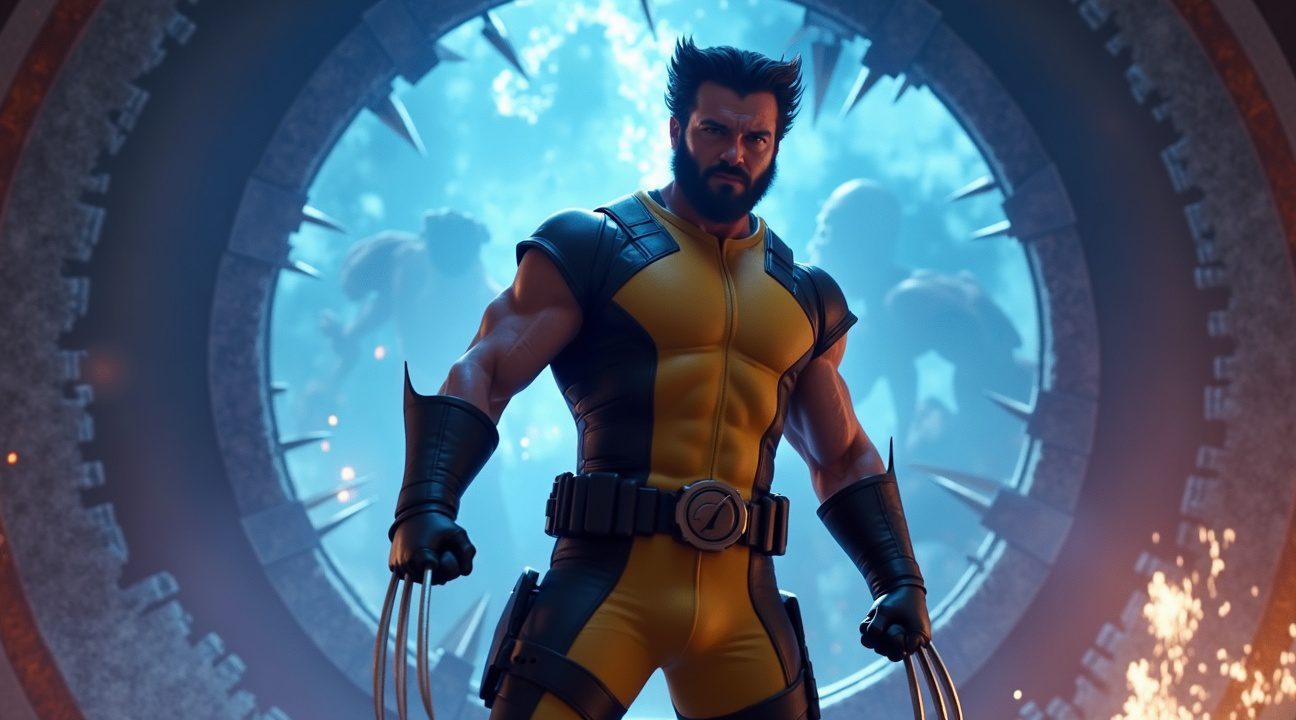
Why Fans Keep Pushing Urban Despite His Own Doubts
Karl Urban’s enthusiastic fan base refuses to let go of their dream casting, despite the actor’s own reservations about taking on the iconic claws. The grassroots movement shows no signs of slowing down, fueled by creative fan content and passionate online advocacy that spans multiple platforms.
The Digital Campaign That Won’t Quit
Viral deepfake videos have played a significant role in keeping Urban’s name in the Wolverine conversation. These sophisticated digital creations showcase how the actor might look in the role, giving fans a visual representation of their casting dreams. Social media campaigns across Reddit and Twitter maintain steady momentum, with dedicated communities sharing artwork, editing footage, and creating compelling arguments for why Urban deserves consideration.
The online discussions frequently reference specific moments from Urban’s performances, particularly his portrayal of Billy Butcher in The Boys. Fans consistently point to his ability to channel raw intensity and controlled violence — qualities they argue make him a perfect fit for Logan’s character. These digital spaces have become breeding grounds for detailed casting analyses, where supporters break down Urban’s acting range and physical presence in comparison to Hugh Jackman’s legendary portrayal.
Industry Recognition Meets Fan Passion
Industry analysts frequently acknowledge Urban’s rugged and gritty screen presence as naturally aligned with Wolverine’s characteristics. His work as Billy Butcher demonstrates an ability to embody morally complex characters who operate in violent, unforgiving environments. This performance has become the cornerstone of fan arguments, with many citing specific scenes that showcase Urban’s capacity for both brutal action and emotional vulnerability.
The actor consistently appears in high-ranking positions on fan-cast lists, often alongside other popular choices like Tom Hardy, Daniel Radcliffe, and Keanu Reeves. These rankings reflect genuine appreciation for Urban’s intensity and screen presence, qualities that fans believe would translate perfectly to Logan’s tortured persona. The sustained enthusiasm demonstrates how certain performances can create lasting impressions that extend far beyond their original context.
However, most trade outlets agree that Marvel will likely pursue a younger, possibly lesser-known actor for a long-standing Wolverine reboot. This industry perspective hasn’t dampened fan enthusiasm, with many arguing that Urban’s experience and proven track record should outweigh age considerations. The disconnect between fan desires and industry expectations creates an interesting dynamic where passionate advocacy meets practical business decisions.
The persistence of Urban’s supporters highlights how modern fandom operates in the digital age. Social media platforms have given fans unprecedented ability to organize, create content, and maintain sustained campaigns for their preferred casting choices. Even when faced with the actor’s own doubts about taking on such an iconic role, supporters continue pushing forward with their vision.
Speculation around Karl Urban variants in future projects keeps the conversation alive, while Hugh Jackman’s return in Deadpool 3 adds new layers to casting discussions. Urban’s fans remain undeterred by these developments, viewing them as opportunities rather than obstacles.
The campaign’s longevity demonstrates how certain actors can capture fan imagination in ways that transcend typical casting speculation. Urban’s supporters have created a sustained movement that combines creative expression, analytical discussion, and passionate advocacy. Whether or not their dream casting ever becomes reality, they’ve successfully kept Urban’s name in the conversation and demonstrated the power of organized fan communities in shaping entertainment discourse.
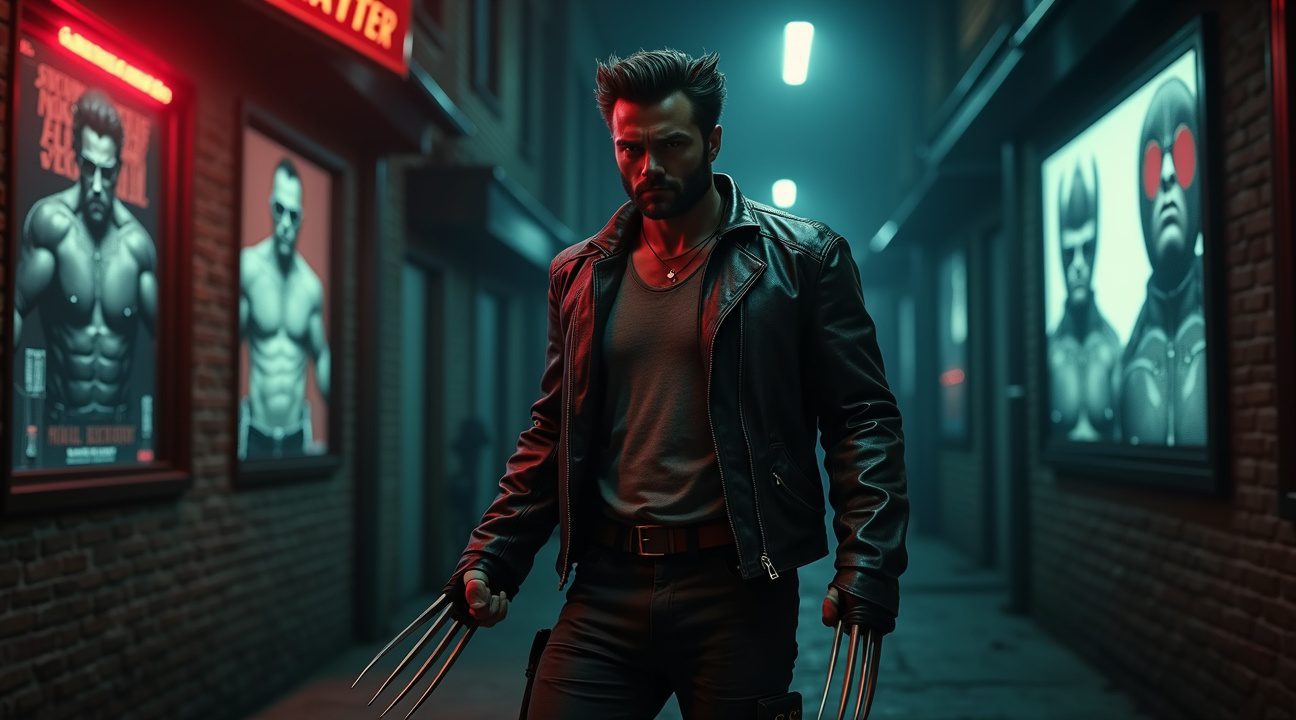
Urban’s Wolverine Strengths vs. The Age Reality Check
I’ve watched Karl Urban demonstrate the exact qualities that make a compelling Wolverine across decades of action roles. His portrayal of Billy Butcher in The Boys showcases raw intensity and moral ambiguity that mirrors Logan’s complex nature perfectly. Urban’s physicality shines through his work as Judge Dredd, where he maintained commanding screen presence while completely masked, proving he can carry action sequences through pure body language and voice work.
Urban’s Action Credentials Match Wolverine’s Demands
Urban’s resume reads like a Wolverine training manual. His experience spans from the brutal hand-to-hand combat in Dredd to the tactical warfare expertise in The Boys, with fantasy adventure credentials from Lord of the Rings adding versatility to his action portfolio. The actor brings genre familiarity that few possess, having navigated everything from superhero content to hard science fiction. His work consistently demonstrates the physical commitment and emotional range necessary for Logan’s character, particularly the ability to balance savage violence with vulnerable humanity. Karl Urban’s potential appearance in future X-Men projects has already generated significant fan discussion about his suitability for the role.
The Age Factor Creates Strategic Concerns
Urban’s age presents a significant obstacle for Marvel’s long-term planning. At 52, casting him as Wolverine would essentially continue where Hugh Jackman left off rather than establishing a fresh foundation for future films. Urban himself has acknowledged this reality, noting that a traditional trilogy would result in a 65-year-old Wolverine by the final installment. This timeline raises legitimate questions about the physical demands and franchise sustainability that Marvel must consider carefully.
The studio faces a delicate balance between satisfying fan enthusiasm and ensuring decade-spanning viability. While Hugh Jackman’s return proves older actors can still deliver compelling performances, his comeback represents a special circumstance rather than a sustainable long-term strategy. Marvel’s decision will likely depend on whether they prioritize immediate fan satisfaction or extended franchise potential.
Alternative casting approaches could address these concerns while still leveraging Urban’s strengths. Limited appearances or mentor roles might maximize his impact without committing to a full franchise run. The success of multiverse storytelling also opens possibilities for alternative casting choices that don’t require traditional timeline constraints. Urban’s proven ability to inhabit complex characters makes him valuable to the X-Men universe regardless of the specific role he ultimately fills.
How Urban Stacks Up Against Other Fan-Favorite Wolverine Candidates
Fan-casting conversations for the next Wolverine have generated an impressive list of Hollywood heavyweights. Names like Tom Hardy, Jason Momoa, Daniel Radcliffe, Keanu Reeves, and Brad Pitt frequently surface in online discussions and social media polls. Each actor brings unique qualities that could potentially capture Logan’s essence, but practical considerations often eliminate them from serious contention.
Tom Hardy stands out as a popular choice due to his proven ability to portray intense, physically demanding characters. His work in films like “Mad Max: Fury Road” and “Venom” demonstrates the kind of raw intensity Wolverine requires. However, Hardy’s age becomes a significant factor when considering Marvel’s long-term franchise planning. At 46, he might not align with the studio’s preference for actors who can commit to multiple films over the next decade.
Jason Momoa represents another fan favorite, with his imposing physical presence and natural charisma making him an intriguing option. His portrayal of Aquaman proved he can handle superhero material effectively. Yet Momoa’s existing DC commitments and his distinct public persona might clash with Wolverine’s more brooding characteristics.
Daniel Radcliffe offers an unexpectedly compelling case for the role. His shorter stature actually aligns more closely with the comic book version of Wolverine than Hugh Jackman’s tall frame ever did. Radcliffe has successfully transitioned from his Harry Potter days into more mature, complex roles. Still, questions remain about whether audiences can fully embrace him as the gruff, animalistic Logan.
Keanu Reeves brings decades of action experience and a dedicated fanbase to any potential casting discussion. His work in the John Wick franchise demonstrates his commitment to physical preparation and stunt work. However, at 59, Reeves faces the same age-related concerns that affect other older candidates.
Brad Pitt rounds out the list of frequently mentioned names, though his inclusion often feels more aspirational than realistic. While Pitt certainly possesses the star power and acting chops for such a role, his age and existing career trajectory make him an unlikely choice for a character requiring such a substantial time commitment.
Urban’s Competitive Position
I believe Urban’s candidacy becomes more compelling when viewed against these alternatives. At 52, he falls into the same age bracket as Hardy and faces similar concerns about franchise longevity. However, Urban’s extensive experience with genre material gives him distinct advantages over many competitors.
Urban’s portrayal of characters like Dredd and Billy Butcher demonstrates his ability to embody the kind of controlled violence and moral ambiguity that defines Wolverine. His work consistently shows he can balance brutality with vulnerability – a crucial combination for Logan’s character. Unlike some fan-favorite candidates who might struggle with the character’s more animalistic traits, Urban has repeatedly proven he can tap into that primal energy.
The physical transformation required for Wolverine shouldn’t pose challenges for Urban, given his consistent dedication to maintaining excellent condition for action roles. His work in “The Boys” shows he can sustain the demanding physical requirements of a long-running series while delivering emotionally complex performances.
Marvel’s casting criteria likely prioritize finding an actor who can commit to multiple films while bringing both physicality and dramatic depth to the role. Urban checks these boxes more effectively than many higher-profile candidates. His willingness to wear masks or heavy makeup in roles like Dredd suggests he’d embrace Wolverine’s costume requirements without ego concerns.
The studio’s preference for actors young enough to anchor a franchise for years creates challenges for any candidate over 45. However, Urban’s proven track record with demanding roles and his ability to maintain peak physical condition might outweigh age concerns. Unlike some candidates who’ve never tackled superhero material, Urban understands the unique demands of bringing comic book characters to life.
When comparing Urban to the entire field of potential candidates, his combination of genre experience, physical capability, and acting range positions him as a serious contender despite age considerations that affect the broader candidate pool.
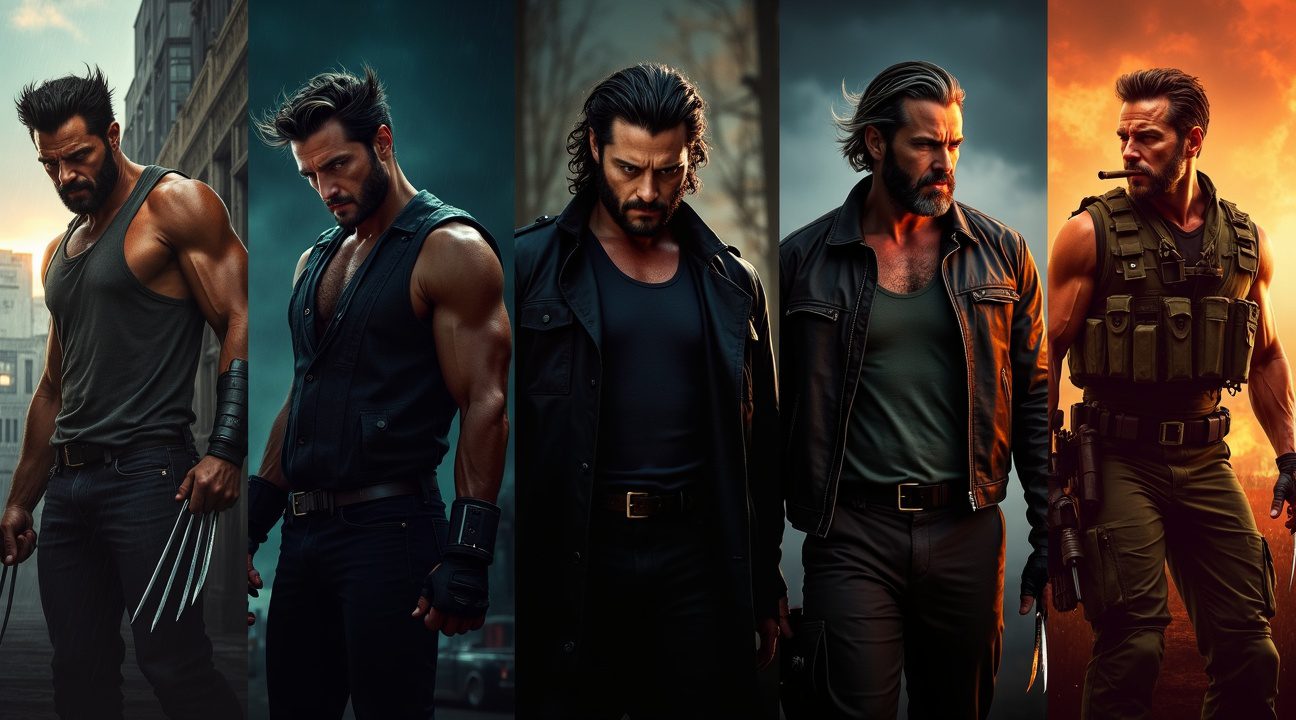
Sources:
Ohepic.com, “Karl Urban As Wolverine? Age Debate & Marvel Strategy”
The Numbers, “Wolverine Franchise Box Office History”
ComicBookMovie.com, “THE BOYS Star Karl Urban Calls Wolverine Fan-Casts Flattering But Feels He’s Too Old For The Role”
Collider, “‘Deadpool & Wolverine’ Scores a Spot on an Elite MCU Global Box Office List”
ScreenRant, “Karl Urban Responds To Wolverine Fan-Casting Demands”
Rotten Tomatoes Editorial, “Weekend Box Office: Deadpool & Wolverine Is Officially the Highest Grossing R-rated Film of All Time”
IMDb, “Karl Urban Becomes Marvel’s Star Mutant in Wolverine Deepfake”

